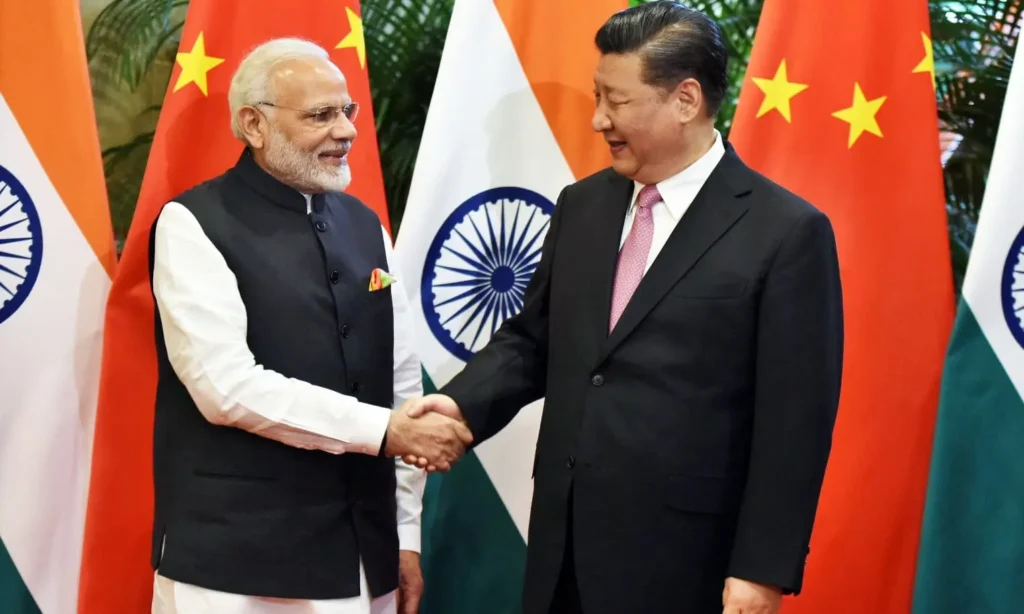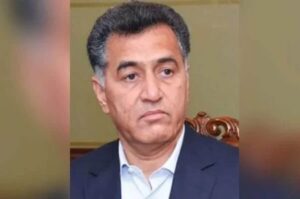India and China seek a business reboot after US tariff
2 min read
India’s Prime Minister Narendra Modi landed in China on Sunday with the sting of Donald Trump’s US tariffs still top of mind.
Since Wednesday, tariffs on Indian goods bound for the US, like diamonds and prawns, now stand at 50% – which the US president says is punishment for Delhi’s continued purchase of Russian oil.
Experts say the levies threaten to leave lasting bruises on India’s vibrant export sector, and its ambitious growth targets.
China’s Xi Jinping, too, is trying to revive a sluggish Chinese economy at a time when sky-high US tariffs threaten to derail his plans.
Against this backdrop, the leaders of the world’s two most populous countries may both be looking for a reset in their relationship, which has previously been marked by mistrust, a large part of it driven by border disputes.
“Put simply, what happens in this relationship matters to the rest of the world,” Chietigj Bajpaee and Yu Jie of Chatham House wrote in a recent editorial.
“India was never going to be the bulwark against China that the West (and the United States in particular) thought it was… Modi’s China visit marks a potential turning point.”
This latest cycle of Sino-Indian diplomacy began with Indian Foreign Minister S Jaishankar’s trip to Beijing in July. Chinese Foreign Minister Wang Yi conveyed to him that the China-India “relationship is not directed against any third party, nor should it be disrupted by any third party” – an oblique reference to the US.
During his subsequent visit to New Delhi, Wang Yi emphasised that China and India should regard one another as “partners”, not “adversaries or threats”. The Chinese ambassador in India went further, denouncing the 50% tariffs imposed by Washington on Indian exports and calling the US a “bully”. He pledged that Beijing would support New Delhi at the WTO in upholding the multilateral trading system.
China now looks forward to Prime Minister Narendra Modi’s visit to Tianjin for the SCO Summit and his bilateral meeting with President Xi Jinping. According to Indian officials, Wang Yi’s visit sought progress on “de-escalation, delimitation and boundary affairs”.
Yet New Delhi also raised concerns about China’s plan to build the world’s largest dam on the Yarlung Tsangpo River in Tibet. India fears downstream impacts on the Brahmaputra but conveniently overlooks its own unilateral suspension of the Indus Waters Treaty with Pakistan.




